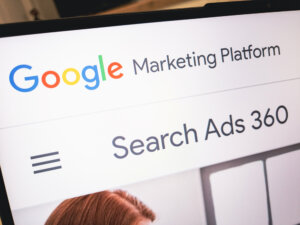
Being in the presentation zone is similar. It is a state of focused awareness with a distinctive lack of self-consciousness. I first heard this described by a colleague who told me when she was training a class she just opened her mouth and content started coming out. She said she “didn’t know where it was coming from.” Of course, it was coming from a deep well of experience and knowledge, and because she was “in the zone,” the content was able to pour out unhindered by self-consciousness or inhibition.
When this happens to you, you will notice you are completely in the moment. It is almost as though you are one with your audience. You are aware of what you are doing and saying, and you are aware of your audience and how they are responding and reacting. Your words tend to flow smoothly, your face and voice are expressive, and you move and gesture instinctively and easily. It feels good, and if you have the underlying skills and knowledge, you may well be at peak performance.
How do you get into the zone?
Deepen your subject knowledge. Don’t have it? Become an expert. Research, dig deeper, and discuss it with experts. Read even more. Think about related content. Talk about it at every opportunity. Now, narrow down your presentation. Create a clear, concise message about your content. Tie every fact, story, and detail to that message. Don’t add anything more. The reason for the deep knowledge is to build your confidence and credibility, and so you can answer questions that come up.
Ace your rehearsal. Rehearse early and often, and not only in your head. Every time you look at your slides, start talking through them out loud. Speak your entire presentation out loud at your desk or in your car, and record and listen to it. Get a pilot audience to listen to it. Talk about it over lunch with colleagues.
Prepare for questions. Jot down every question you think you might be asked. Do you know the answers to each one? If not, do some more research for the answers. Have your pilot audience ask you questions, tough ones. Practice your answers. Make cue cards and drill yourself. Keep at it until you are confident you can answer just about any question that comes up.
Walk away. Clear your mind for a while. If you start feeling anxious, take a break and do something pleasurable and relaxing. Take a walk. Go out for lunch. Play with your children. Listen to music. If you are not fully prepared, you will be refreshed and more ready to tackle preparation. If you are fully prepared, try to stay relaxed, knowing you will be better off with a clear mind.
Take care of your physical self. Eat well. Sleep well. Allow enough time to arrive at your presentation location without stress. Set up your presentation and check your equipment. Meet and greet your audience as they arrive. Focus on them, not on your presentation.
Keep your focus on the audience, not yourself. Remind yourself it is all about them, that you are in service to the audience, there to help them with the content you are going to share. Focus on the idea, the action, or the change you are advocating and why it is good and important.
Take your time. Walk to the front with confidence. Look at the audience for a moment. Smile. Now begin.
Forgive mistakes. If you make a mistake, let it go immediately. Put it out of your mind by focusing on the next slide or the next point you will be making. If you carry it with you, even a tiny mistake can impact the rest of your presentation, and maybe the next one.
If you have ever been in the zone during your presentation, you know how great it feels. Prepare, rehearse, and ready yourself to get and stay in the zone. You will be at your best, you are most audience-focused, and you are most confident. What could be better?
Author Gail Zack Anderson, founder of Applause, Inc. is a Twin Cities-based consultant who provides coaching and workshops for effective presentations, facilitation skills for trainers and subject matter experts, and positive communication skills for everyone. She can be reached at [email protected].
Web site: www.applauseinc.net
Blog: www.managementhelp.org/blogs
Twitter: @ApplauseInc
 Sections of this topic
Sections of this topic
















